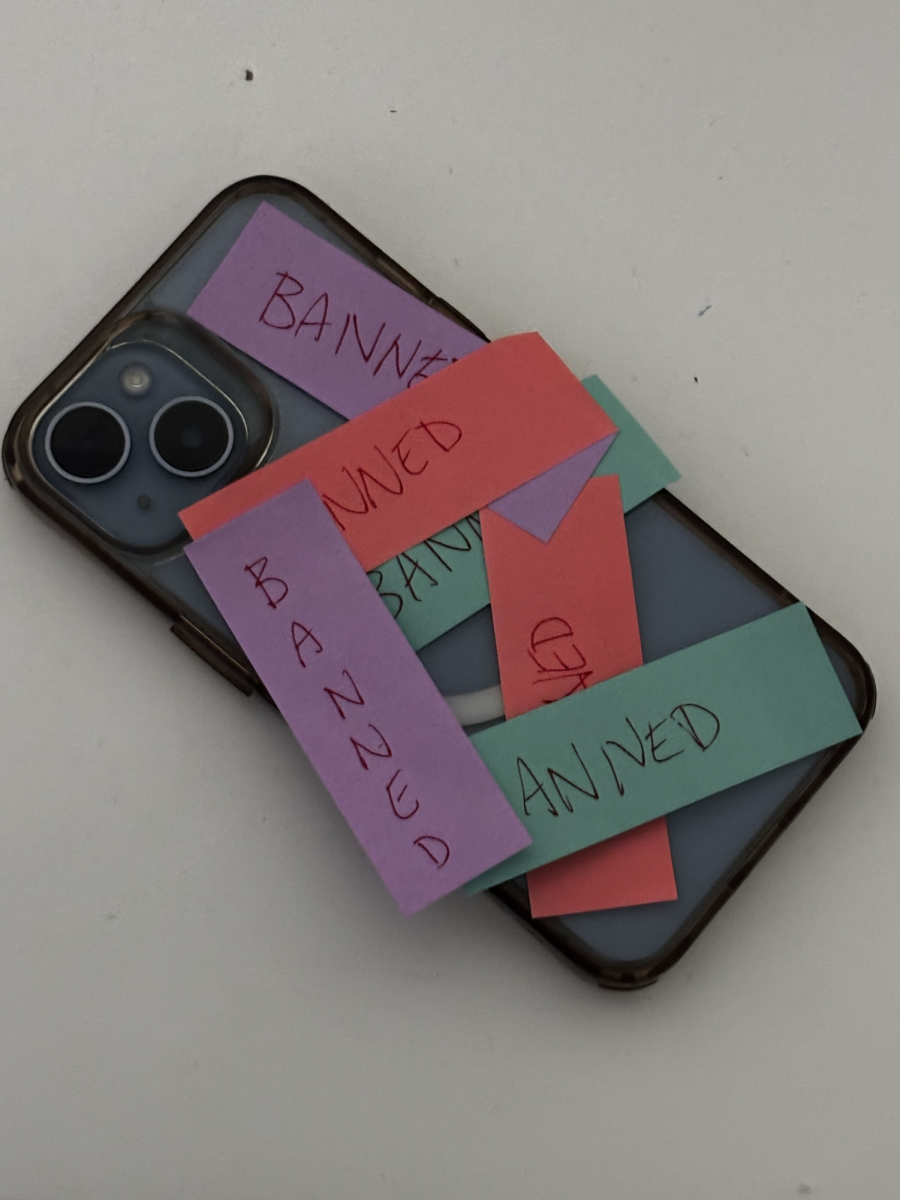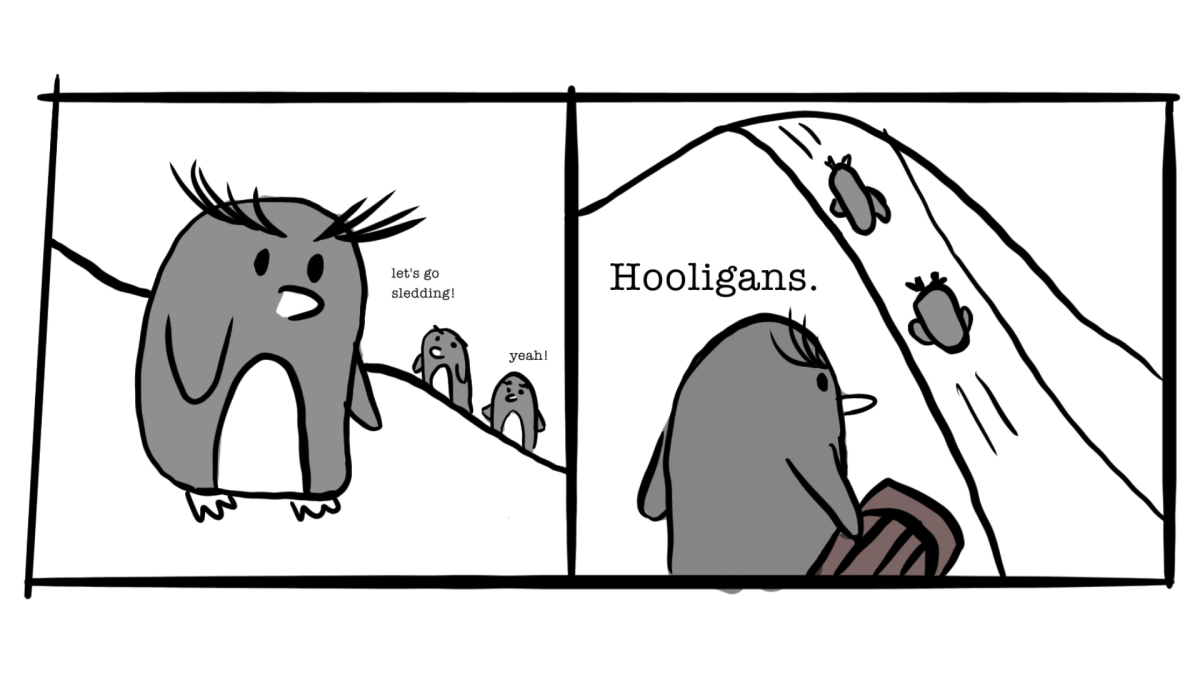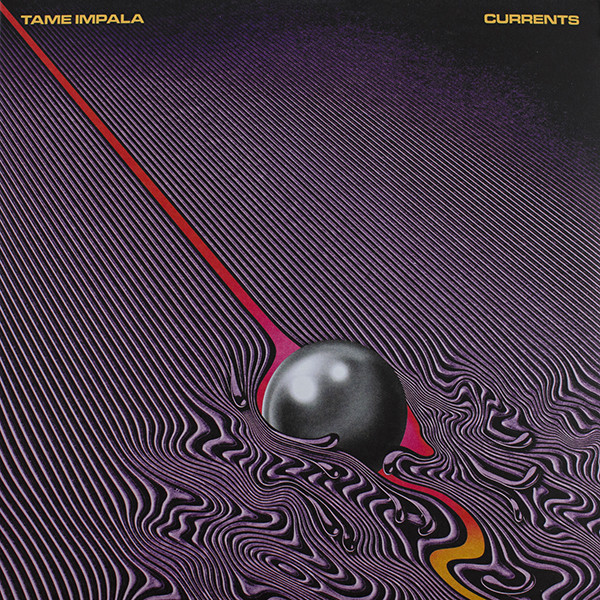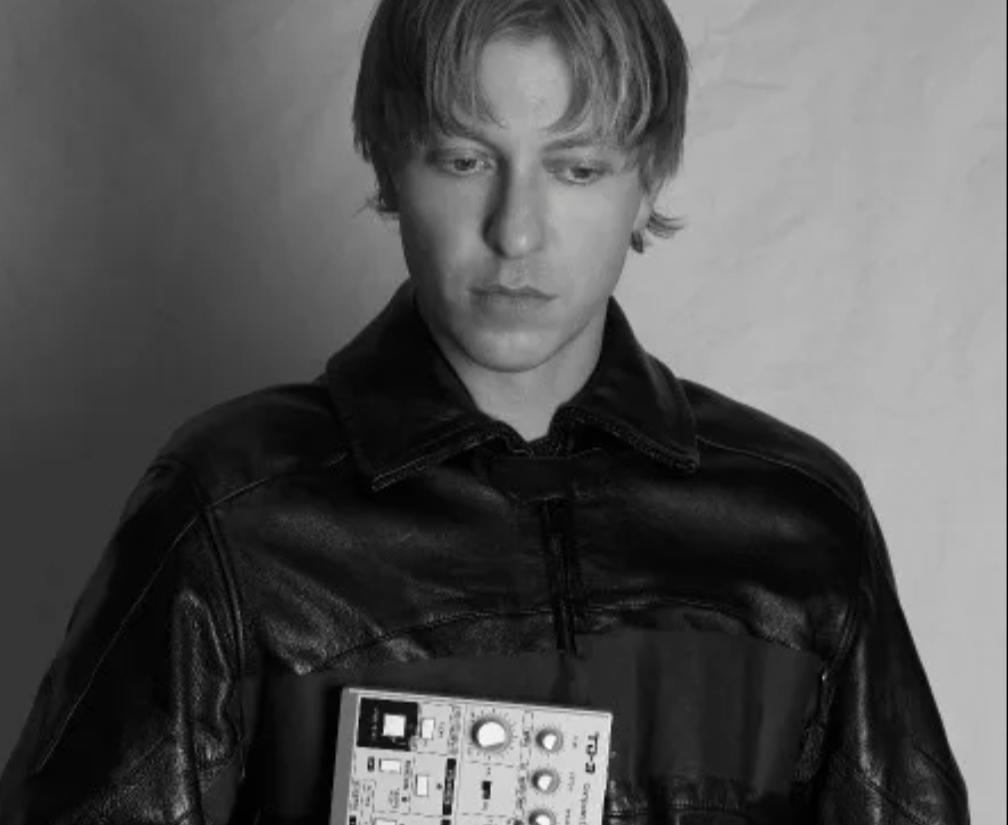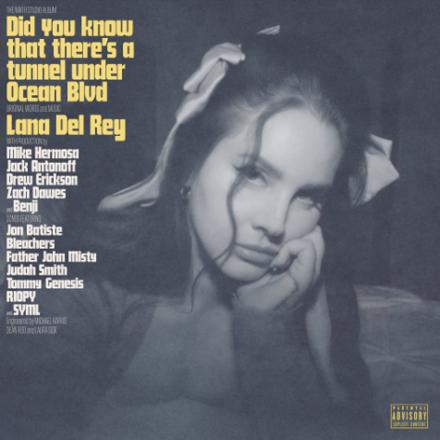Currents by Tame Impala
Opinions belonging to Luke Hobika
Best tracks: “Let it Happen;” “Eventually;” “The Less I Know the Better”
Worst tracks: “Past Life”
With the band already having 2010’s Interspeaker and 2012’s Lonerism under their belt, Australian-based band Tame Impala found itself at the top of the now prevalent genre of psychedelic rock with their release of Currents in 2015. The band, led by multi-instrumentalist Kevin Parker, has shaped the genre to its liking by heavily experimenting with the fusion of the psychedelic rock of the 1960s and 1970s with the sugary pop of today. Along with overlapping multiple genres in its work, the band has established a distinct sound by toying with the traditional sounds of instruments. Pitch-shifted guitar tones, murky synths, and heavy reverbs are just a few strategies of the band that define the lane it has created for itself. In their 2015 release of Currents, Tame Impala launches itself into a soundscape saturated with synthesizers.

The stunning eight-minute “Let It Happen” opens up the album with its thick, melodic synths that evolve as the track progresses. As Kevin Parker’s vocals swim throughout the various electronic sounds of the song, his words portray a theme of acceptance of the unexpected in life. “I heard about a whirlwind that’s coming ’round / It’s gonna carry off all that isn’t bound / And when it happens, when it happens (I won’t be holding on),” Parker expresses. Instead of exerting unnecessary energy by swimming against the riptide of the unforeseen, let the current pull you in and build off what you have from there. Just like Parker’s message suggests, the epic production of the song lures the listener right into the album. As magnificent as “Let it Happen” sounds, though, the album’s soundscape never explores beyond what was uncovered on that track. Eventually, it becomes easy for the drowning synth-based nature of the album to bog the listener down. Also, the lyrics remain extremely simplistic across each track. Yet, when considered with the tale of the entire album, the shallow lyricism matches the transparency that Parker tries to convey.
Playing off the structure of “Let it Happen,” the remainder of the album consists of abstract pop songs flooded with reverbed synths, distorted guitars, and echoing drums. The messages of each track eventually satisfy the greater narrative of the album, which mirrors the let-everything-go rhetoric of “Let It Happen.”

Parker first details a relationship between himself and a significant other on the contemplative “Eventually.” The track outlines Parker breaking up with his girlfriend, hoping that his decision to benefit both of the two in the long run. By the end of the song, the solemn synths often stutter, showcasing Parker’s hesitation in his decision. It’s a decision that consumes his headspace, a decision he acknowledges that he needs to get over on the dreamy “Yes I’m Changing.” In it, he realizes the value of life that exists in the future if he moves on. As the song’s dreamy closer blasts Parker into a setting of honking cars and talking people, Parker admits, “There is a world out there and it’s calling my name / And it’s calling yours, girl, it’s calling yours too.” By giving up the race against himself, he can become visible to the enjoyments of the world to which he was once blinded. However, achieving this point is easier said than done.
On the upbeat “Closer,” Parker gets ahead of himself by thinking that his desired perspective on life is easier to obtain than it actually is. Parker’s chants of “It’s getting closer!” are peppered on top of a bright and snapping instrumental. In spite of this brief period of optimism, Parker soon finds himself wallowing in the pain of rejection on “The Less I Know the Better.” Now, sometime after their breakup, Parker voices his jealousy for the man whom his ex-woman is currently dating. The track’s disco and electropop vibe are ironically groovy, acting as a joyous mask to cover Parker’s internal envy.
Soon after on the reluctant “‘Cause I’m a Man,”Parker realizes that he has to accept not only the reality but also the causes that led to the ending of his relationship. He uses these insights as he explores another relationship on “Love/Paranoia.” Yet he fails to maintain a relationship once again and comes to a conclusion about himself on the depressed yet understanding “New Person, Same Old Mistakes.” Both he and whatever partner he encounters are not perfect. Why attempt to swim against the current of what is meant to be and toward perfection? Instead, let the tide pull you into what is fated.

